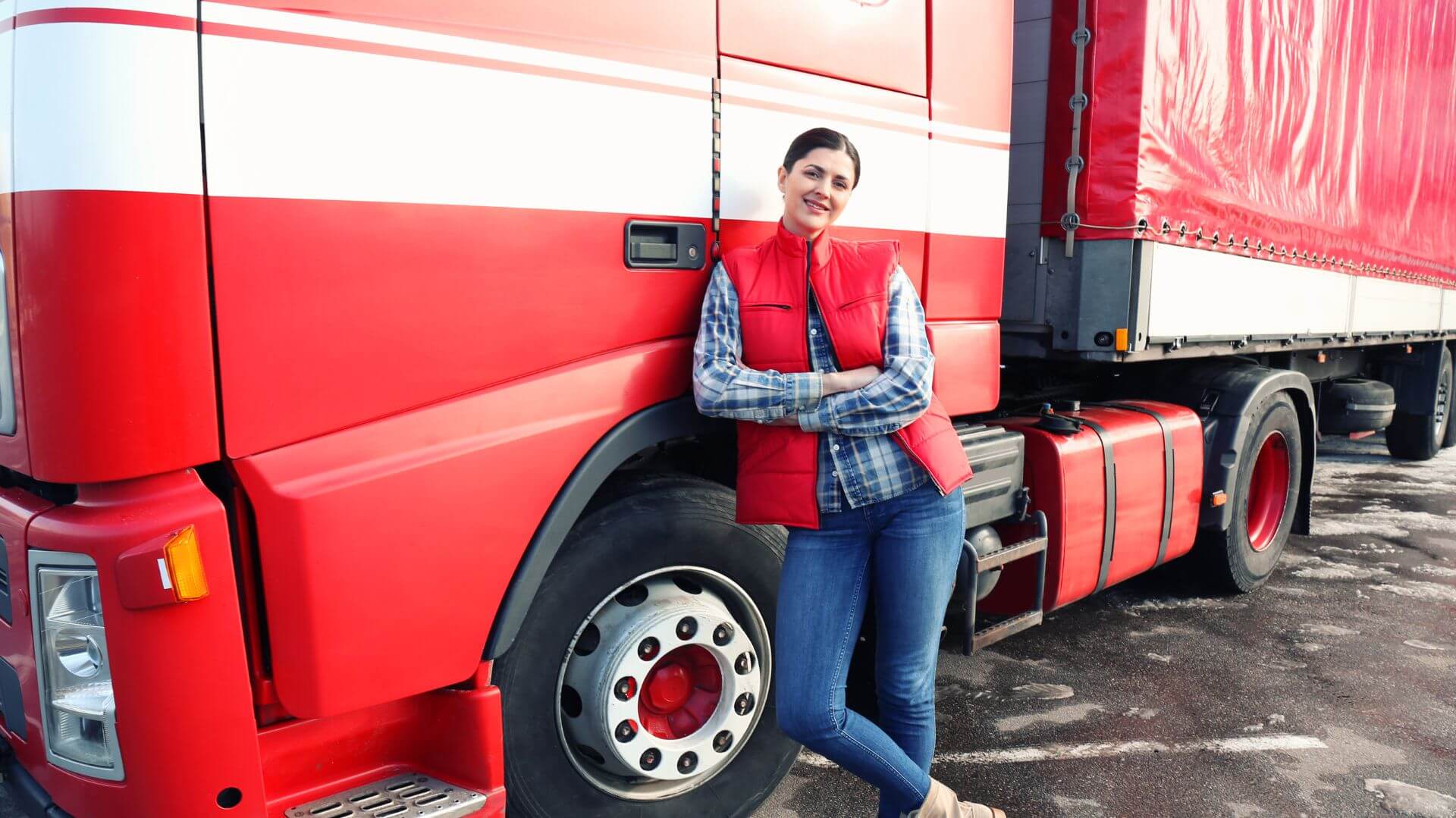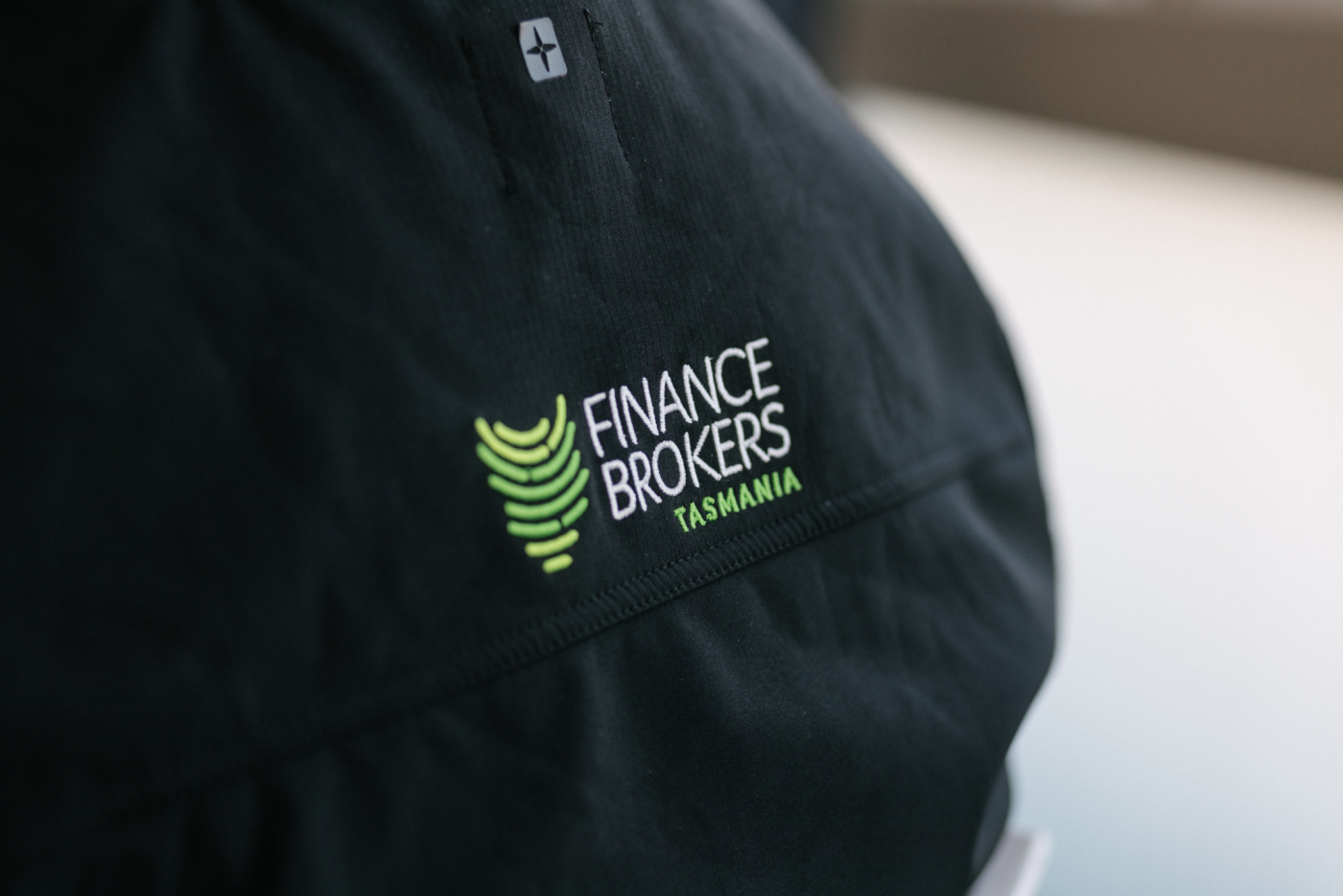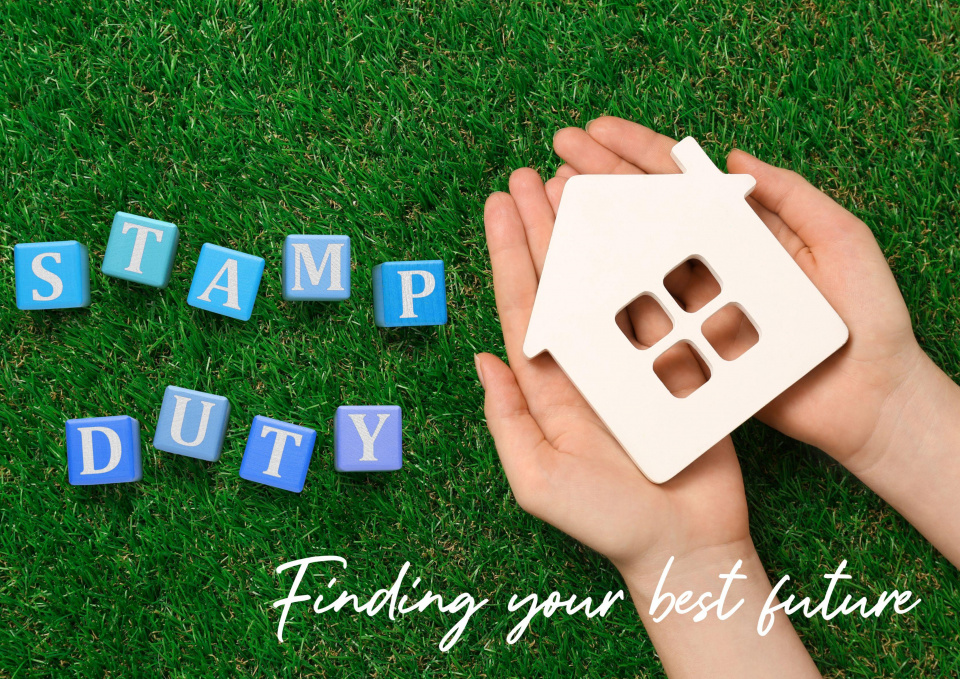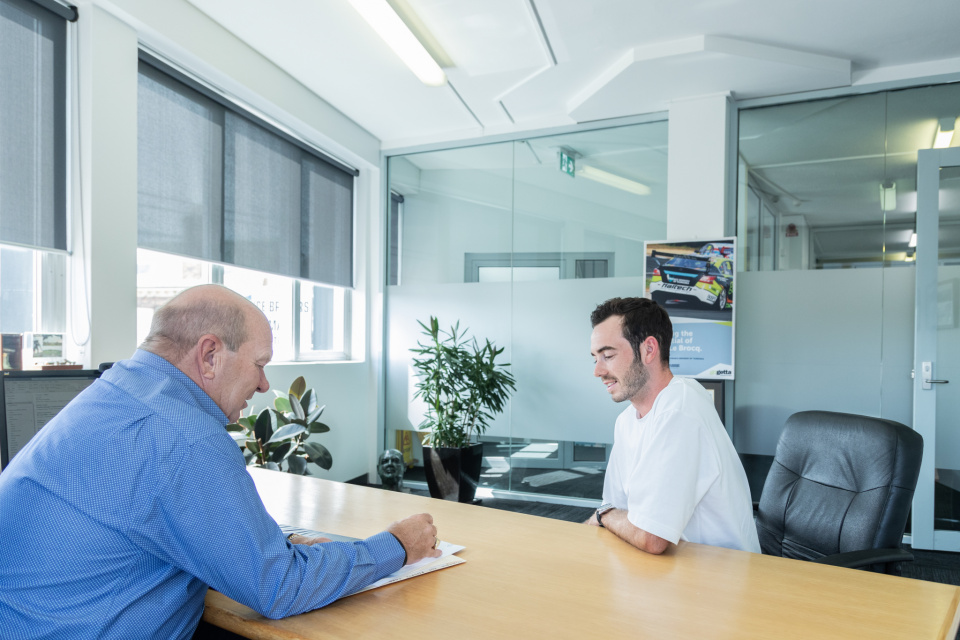Let’s face it, many business owners simply don’t have the cash flow to consider an outright purchase of the equipment they need to update existing equipment or finance new machinery.
Machinery finance is a way for your business to purchase high value equipment without needing to invest significant cash up front – saving your working capital to finance regular operations. You can finance everything from heavy machinery, specialist equipment, technology and vehicles.
The appropriate machinery finance for you depends on your intended use of the asset, the expected productive life and your specific financial circumstances. We have compiled this guide to equipment finance to explain the business lending options available and the help you choose the right option for your business.
What is Machinery Finance?
Machinery finance is more commonly known as equipment or asset finance. It is a type of business finance available to assist purchase vehicles and other types of commercial equipment, such as heavy moving equipment, agricultural machinery, specialist equipment and other office equipment.
What Does Machinery Finance Fund?
Machinery finance and equipment finance are not just for big business. As sole traders and small business owners, you can fund eligible assets and equipment such as:
∙ Cars, trucks, and other heavy vehicles
∙ Heavy machinery needed for agriculture, farming, manufacturing, and construction
∙ Scientific, medical and healthcare equipment
∙ Technology
∙ Office equipment
In this blog, we will explore the three main types of machinery finance, their advantages and disadvantages, and also share how you can choose the one most suited to your business.

Types of Machinery and Equipment Finance
1. Leasing
An equipment finance lease is a contract between you and a lender that allows you to lease an asset in return for regular payments. Leasing is a useful equipment finance option for your business if you need to update their equipment regularly. It can also be useful for small businesses who have not held an ABN for two years, who have limited cash flow or a poor credit history and do not qualify for other equipment finance options.
It is important to note that the lessor retains ownership of the equipment during the term of an equipment lease.
There are two types of leases available to business owners:
A finance lease
Finance leases provide the business owner with the option to purchase the machinery at the end of the lease term by paying a residual value which is agreed to at the commencement of the agreement.
During the terms of the leased equipment, you will be responsible for all the normal risks involved owning the equipment but without the transfer of ownership. This included paying for routine maintenance etc. Ownership transfers to you once the residual value is paid.
The term of a financial lease is generally the useful lifespan of the asset.
An operating lease
Operating leases are generally for a shorter period of time. You will pay an agreed fixed rental rate in exchange for use of the equipment. At the end of the lease period, the machinery can be returned, or a new term negotiated. You do not have the option to purchase the equipment at the end of the finance term.
2. Chattel Mortgage
Established businesses can save their working capital and purchase equipment via a secured loan known as a chattel mortgage. No deposit is required, and you can borrow up to 100% of the asset’s value.
With this finance option, your business owns the equipment from the commencement of the business loan. You will be able to record the asset on your balance sheet and complete any necessary modifications to the equipment to meet the needs of your business. However, you should be aware that failure to meet your repayments could mean that your equipment is repossessed.
Terms of the equipment loan can also be negotiated. Some businesses, choose a lower monthly payment and opt to pay a balloon payment or residual value at the end of the finance period. Or higher monthly payments with nothing additional to pay at the end of the loan period.
Businesses who experience seasonal cash flow fluctuations may even have the opportunity to structure their repayments to meet their needs.
3. A Hire Purchase Loan
The lender purchases the equipment on your behalf, and your business pays an instalment cost to rent the equipment. This could be for a vehicle, equipment, or any other machinery. When made your final repayment, the lender will transfer the equipment ownership to you.
A commercial hire purchase can be quite flexible; however, it is important to remember that the lender owns the equipment until the agreement ends. Meaning there will be some limitations on usage of the equipment.

Which Machinery Finance Should You Choose?
Some of the advantages and disadvantages of each type of equipment financing have been listed here. You can use these points of reference to make an informed decision:
Equipment Lease
Pros
- There’s no need for a security deposit in order to obtain a lease.
- a finance lease can be set up so that it covers maintenance costs.
- Fixed repayment schedules make budgeting and managing cash flow easier.
- Businesses who have held their ABN for under two years may still qualify.
Cons
- Leasing equipment is generally more expensive than other types of equipment loans.
- ownership does not transfer to your business which means there will be limitations on the use and modification. This can include the kilometres you travel.
- You can face monetary fines for exceeding mileage and any perceived damage to the vehicle or equipment.
Chattel Mortgage
Pros
- A popular choice as a vehicle and equipment loan for most businesses. The interest rate is generally lower than that of an unsecured business loan since the asset also acts as the collateral.
- You might be able to borrow up to 100 percent of the asset’s worth.
- You may be able to claim the interest costs and depreciation as a tax deduction.
Cons
- You may not qualify if you haven’t held your ABN for 2 years.
- If you’re considering buying a used automobile or piece of property, be aware that creditors might charge you more in interest to make up for the lower value of the equipment.
- The equipment can be repossessed by the lender if repayments are not made, and this could impact your businesses operation and cash flow.
Hire Purchase Agreement
Pros
- The terms and repayments are flexible.
- You may be able to claim your monthly repayment as a deduction on your tax during the finance period
- Ownership transfers to your business once all of the repayments have been made
Cons
- You do not own the equipment, so there may be restrictions on how you use it.
- Like the other types of finance, establishment fees and interest charges must be factored in.
Still not sure which equipment financing option is right for your business?
As a small business owner, you may still be struggling to understand which equipment finance will work best for your equipment purchases. The right type of business equipment financing will depend on your businesses own specific financial circumstances.
We recommend speaking with your accountant or financial adviser about the tax implications for your business. Then, speak to a finance broker who is an expert in equipment finance.
At Dynamic Finance Brokers Tasmania, we have been helping businesses find the right equipment finance solutions for over 36 years. You can be sure that our team of specialists will help you find the right equipment loan to support your cash flow and meet the needs of your business.
If you have any queries or need assistance, chat to us today.






